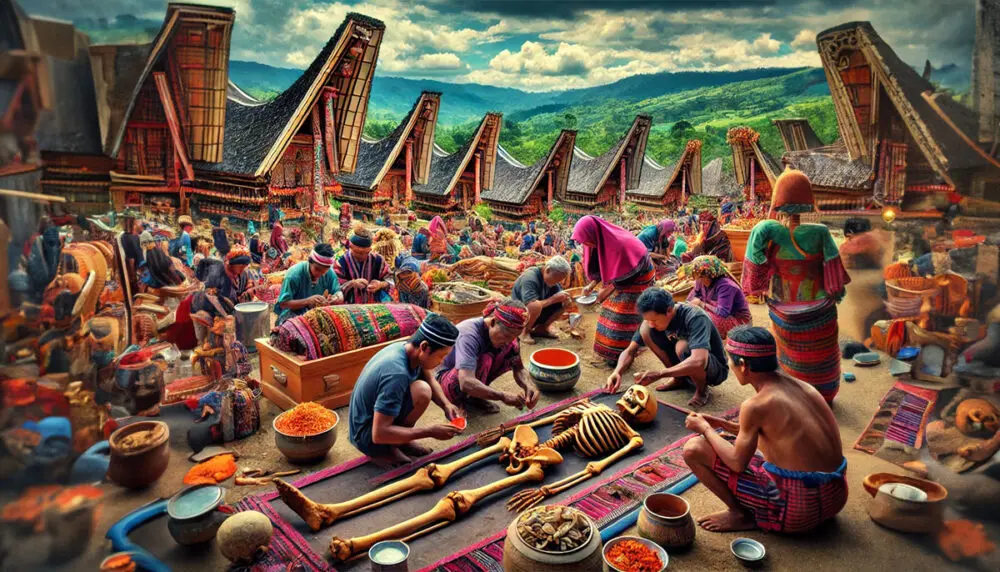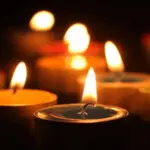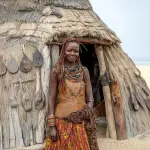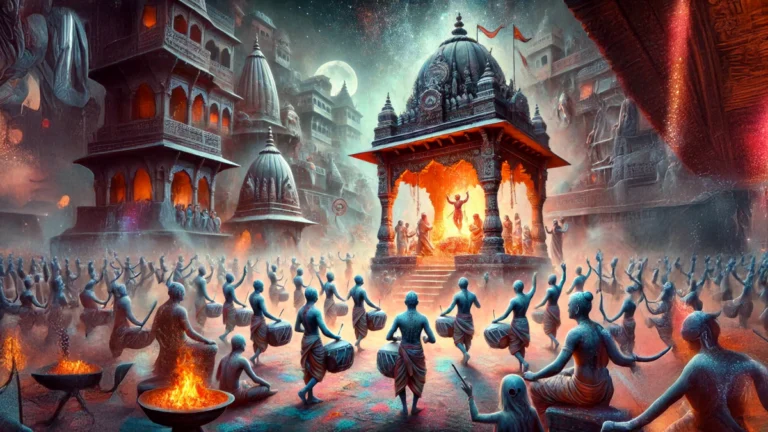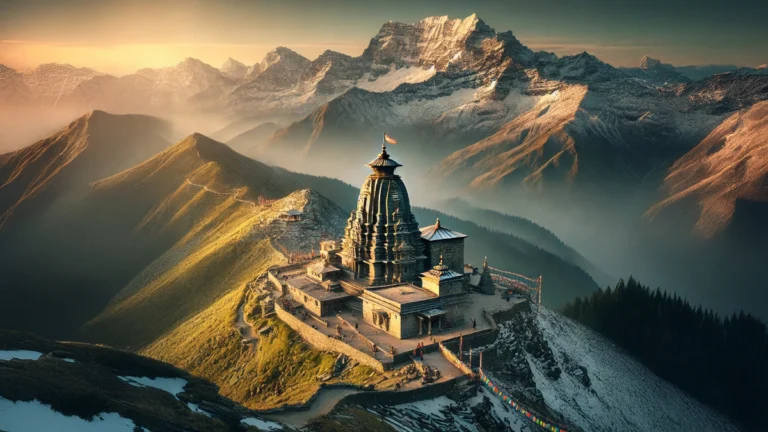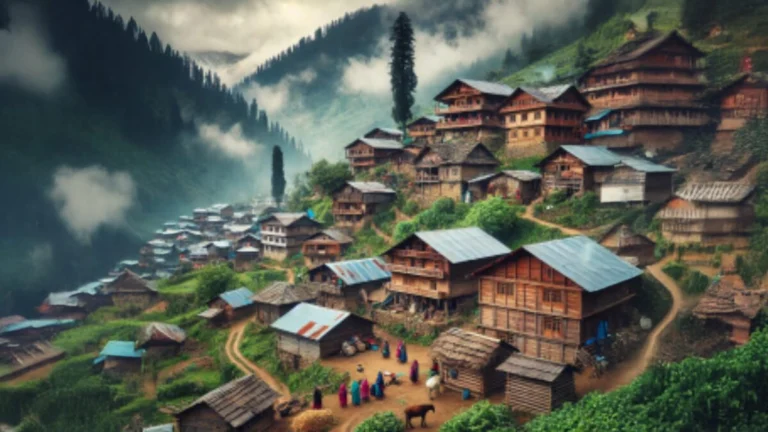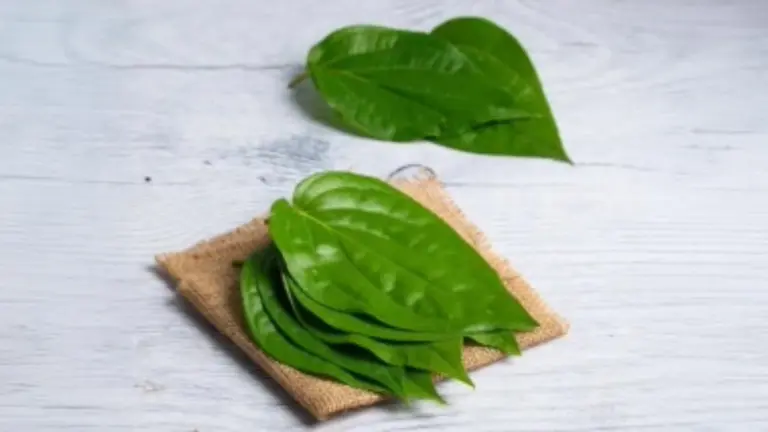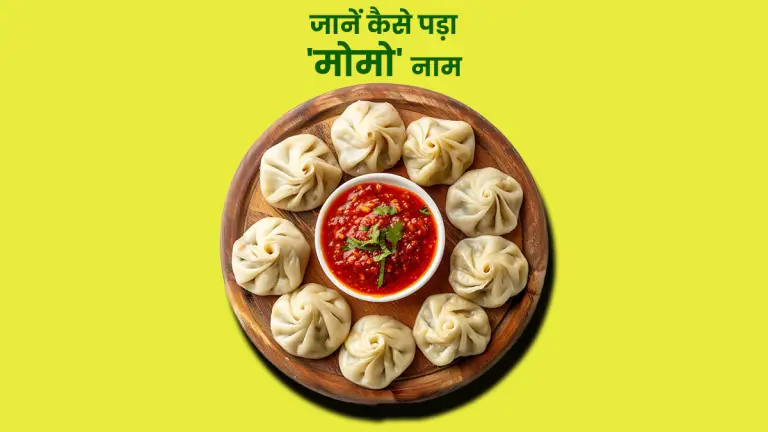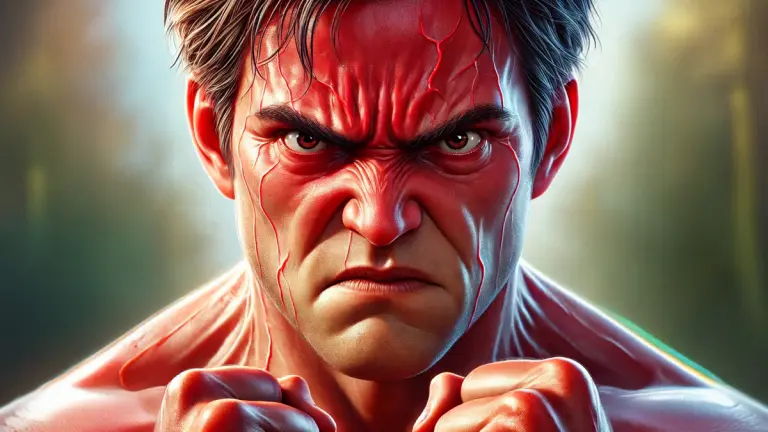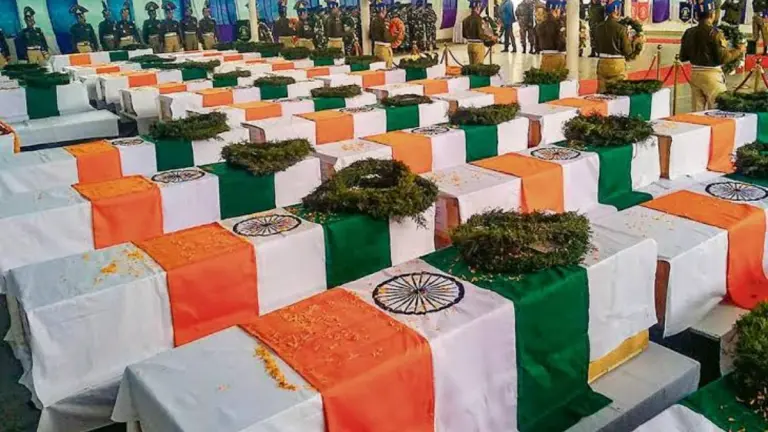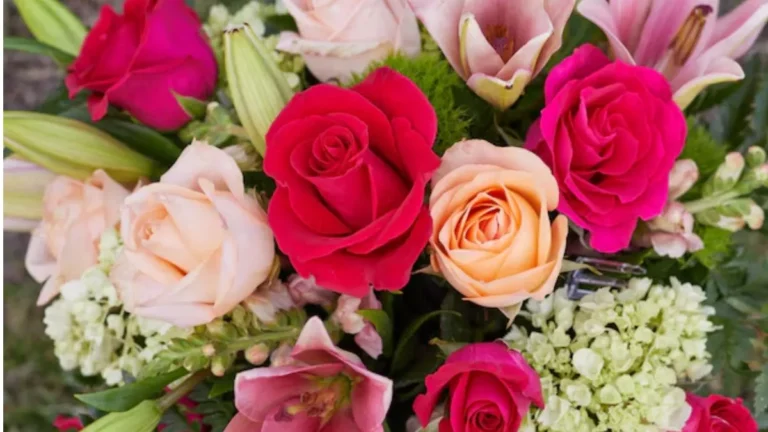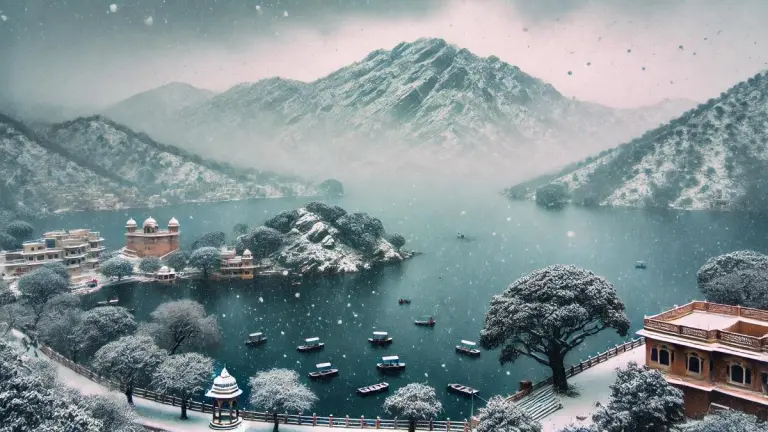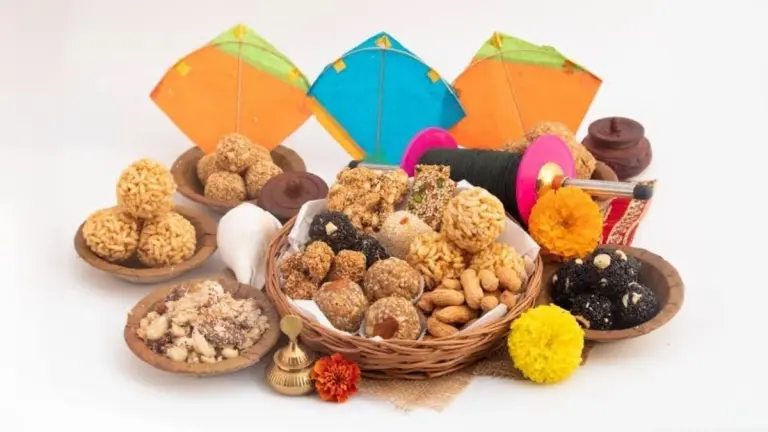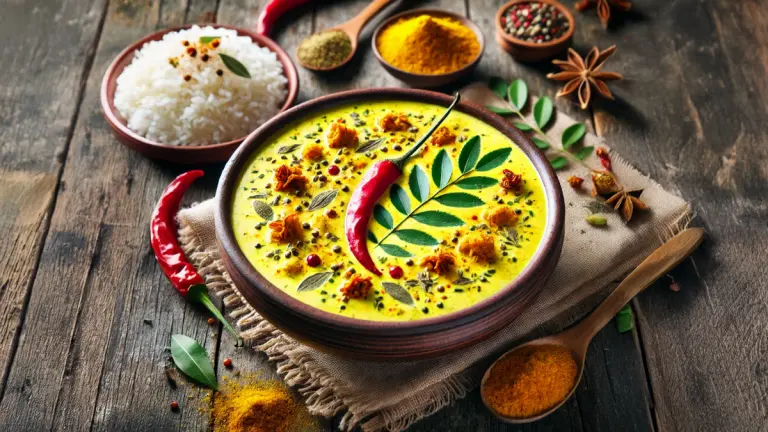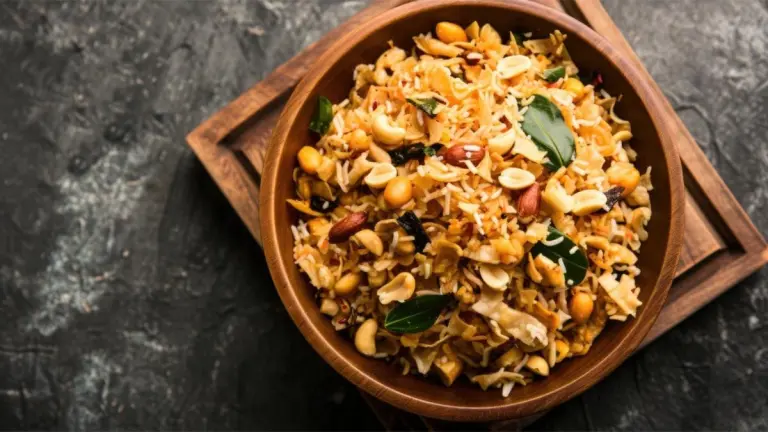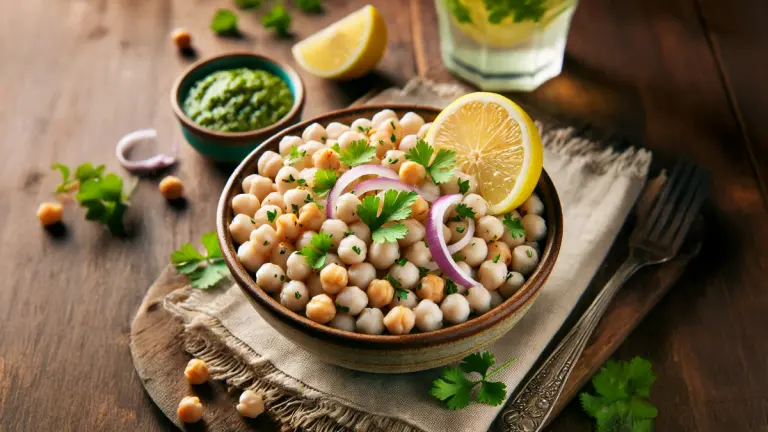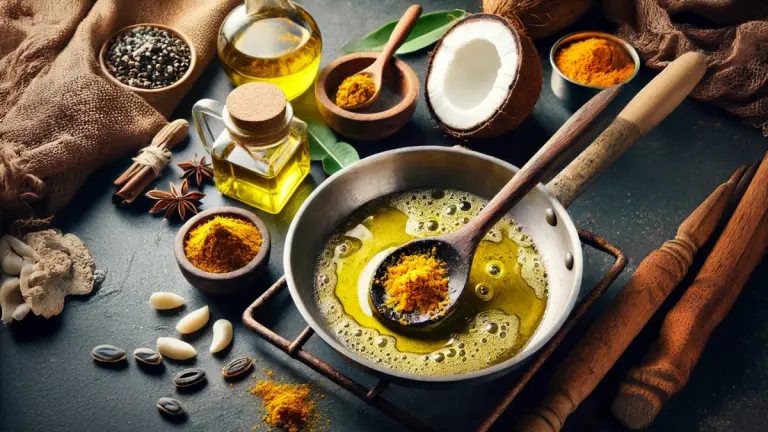Strange Funeral Rituals: Every few years, family members take out the skeleton of the deceased, clean it, dress it in new clothes, and give him a cigarette to smoke. They believe that this pleases the soul of the deceased and that he protects the family. This fascinating practice highlights the strange funeral rituals found around the world.
Unique Traditions Across Cultures
Every country and culture has its own unique traditions and beliefs regarding death and burial. For example, a community in Indonesia exhumes their loved ones from the grave at regular intervals. It is believed that this process pleases the soul of the deceased and blesses the family, showcasing their deep connection to those who have passed.
Have you ever wondered what happens after death? In different corners of the world, people answer this question in various ways, often through strange funeral rituals that may seem unusual to outsiders. One such community is the Toraja tribe, living on the island of Sulawesi in Indonesia. They consider death to be another chapter of life, treating their deceased loved ones with great care and respect even after their passing.
The Toraja Tribe’s Practices
You may be surprised to know that the people of the Toraja tribe actively engage with their deceased relatives. They take their ancestors out of the grave, dress them in new clothes, and talk to them as if they were still alive. This process, known as ‘Manene,’ is a significant part of their strange funeral rituals. This annual festival brings the entire community together to honor their ancestors, reinforcing the bond between the living and the dead.
During the festival, families celebrate in joyous remembrance, creating an atmosphere of love and respect. It reflects their belief that the souls of the deceased are still among them, watching over their loved ones and providing protection.
Why Strange Funeral Rituals Matter
Now you might wonder why the Toraja people go to such lengths. They believe that until the funeral ritual is completed, the soul of the deceased does not fully depart from this world. Therefore, they wish to stay connected with their loved ones for as long as possible. These strange funeral rituals serve as a way to honor the memory of the deceased while allowing the family to maintain a connection to their past.
A Unique Way to Connect with Ancestors
Imagine you are on the island of Sulawesi in Indonesia during August. You witness a peculiar sight: people opening graves and taking out skeletons. These skeletons are cleaned, dressed in new clothes, and then bathed. The community also feeds them food and drink, giving cigarettes to these corpses. This ritual signifies their belief that life continues even after death, allowing them to remain connected to their ancestors.
Celebrated with Enthusiasm Every Year
After this celebration, the families clean the graves and re-bury their dead. This ritual is repeated annually, showcasing the deep respect they have for their ancestors. They take special care to keep the bodies safe, often keeping the remains of recently deceased individuals at home for several months as part of the mourning process.
During this festival, the atmosphere is filled with excitement. People dance and sing while sacrificing animals, ranging from buffaloes to pigs. Wealthier families may sacrifice more animals, sometimes up to a hundred pigs and ten buffaloes. The sacrificial meat is shared with all the guests, creating a communal celebration of life and death.
Surprisingly, small children are often buried in hollow trees, further highlighting the unique perspectives different cultures have regarding death and the afterlife.
Conclusion
These strange funeral rituals in the Toraja tribe of Indonesia remind us that death is not merely an end but a continuation of life in another form. By honoring their deceased loved ones, the Toraja people maintain a strong connection to their ancestry, showcasing the profound ways in which different cultures understand and cope with the reality of death.
As we explore these unique practices around the world, we gain a deeper appreciation for the diverse beliefs and traditions that shape our understanding of life, death, and what lies beyond.

